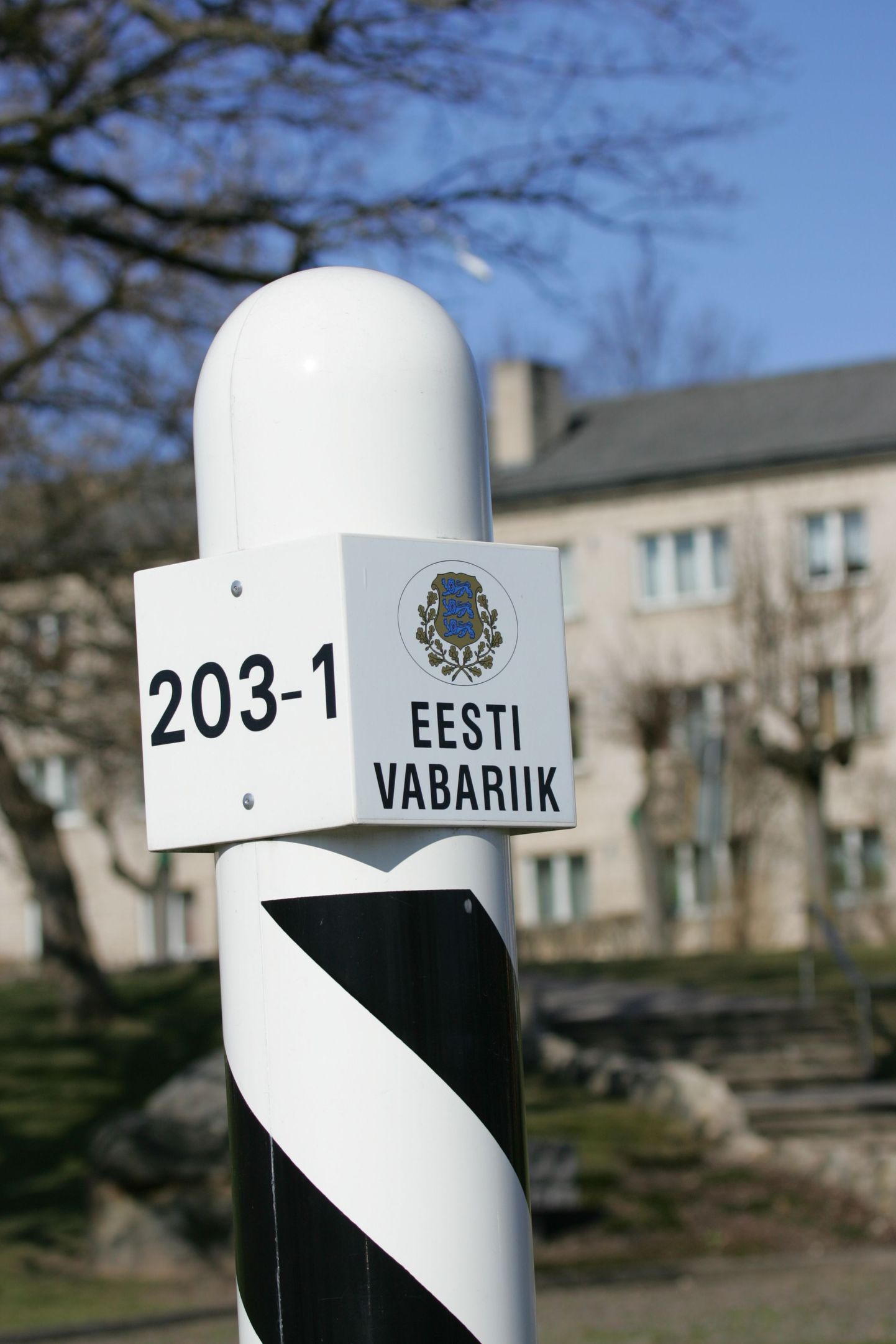
The signing of the Estonian-Russian border treaty as it stands will not affect the status of the 1920 Tartu Peace Treaty as a cornerstone of Estonian statehood and continuity of the Republic of Estonia, the chancellor of justice says.

The signing of the Estonian-Russian border treaty as it stands will not affect the status of the 1920 Tartu Peace Treaty as a cornerstone of Estonian statehood and continuity of the Republic of Estonia, the chancellor of justice says.
The standing Foreign Affairs Committee heard on Tuesday the justice chancellor's opinion on the border treaty to be signed between Estonia and Russia, the parliament's press service said. The opinion was forwarded by the legal ombudsman's deputy Nele Parrest.
The justice chancellor's position is that the Tartu Peace Treaty is no different in terms of legal force from other international border treaties mentioned in Article 122 of the Constitution, which means that the location of the borderline can be determined by other treaties including ones that change the Tartu Peace Treaty, which defined the borders as they stood at the end of the War of Independence.
If the Estonian-Russian border treaty is signed in the proposed form which changes the Tartu Peace Treaty only insofar as the border's trajectory is concerned the rest of the peace treaty will remain in effect. This means the principle of Estonia's historical continuity of statehood set down in the preamble to the Constitution is protected.
In the justice chancellor's view, the clause added to the draft according to which the new treaty deals solely with practical aspects of the border averts the risk of the treaty being interpreted contrary to the will of the Republic of Estonia and the Estonian Constitution.